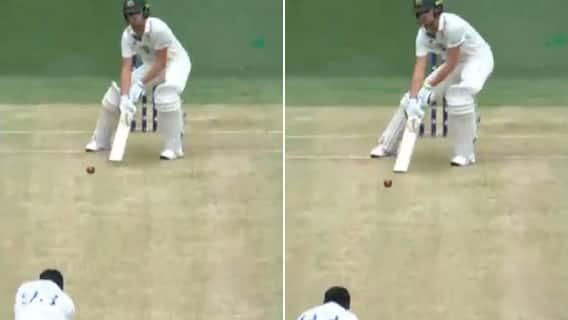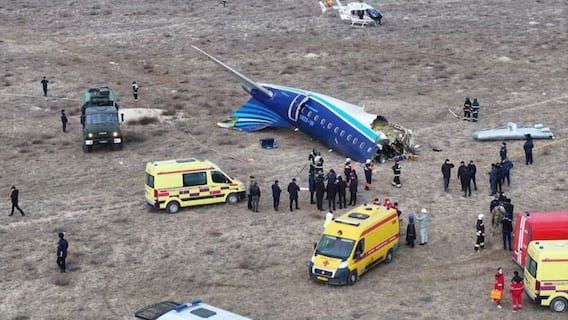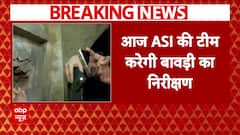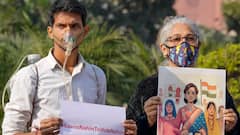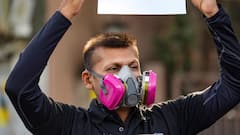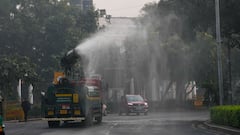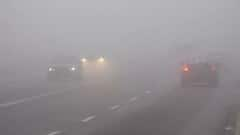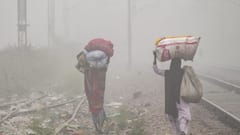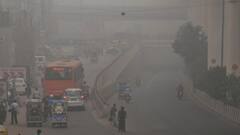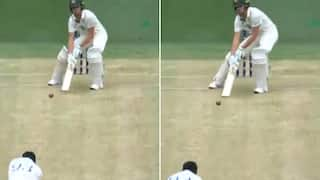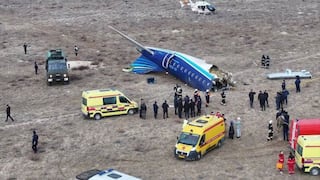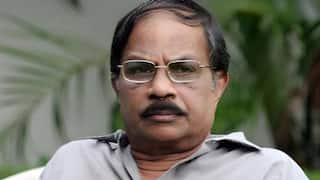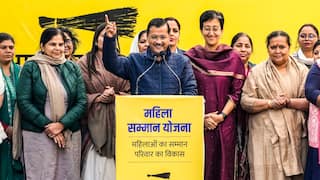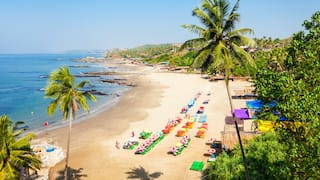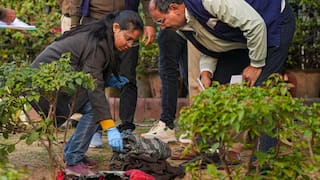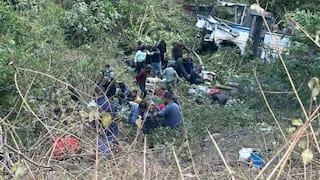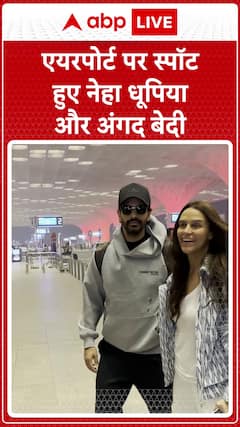Delhi Government Urges DMRC To Reconsider Two-Bottle Liquor Policy On Metro Trains
According to the Delhi Excise Act, only one sealed bottle of liquor, such as rum, vodka, and whisky, can be transported from one state to another.

The Delhi government has reiterated its call for the Delhi Metro Rail Corporation (DMRC) to reconsider its recent decision to allow passengers to carry two sealed liquor bottles each on Metro trains. The request from the Excise department was communicated to the DMRC through a letter dated October 6, according to a senior Delhi government official. A similar request had been made by the Excise department in a letter dated August 3, reported news agency PTI.
In response to the government's appeal, the DMRC issued a statement saying, "We have received a letter from the Excise department which is being examined keeping in view certain clarifications sought earlier by DMRC as we are running our operations in jurisdictions involving different states."
The DMRC had initially permitted passengers to carry two sealed bottles of alcohol per person on Delhi Metro trains in June of this year, overturning a previous ban on carrying alcohol except on the Airport Express Line. The decision was based on the recommendations of a committee comprising officers from DMRC and the Central Industrial Security Force (CISF), responsible for security at Metro stations.
However, the Excise department has raised objections to the two-bottle norm, citing violations of the Delhi Excise Act provision. According to the Excise Act, only one sealed bottle of liquor, such as rum, vodka, and whisky, can be transported from one state to another.
Additionally, the Excise department has highlighted discrepancies in legal drinking ages across the National Capital Region (NCR), PTI reported. While the legal drinking age in Delhi is 25 years, in NCR towns like Gurugram, it is 21 years. This inconsistency could potentially lead to violations of the Delhi Excise Rules 2010 if liquor is carried by individuals under 25 years of age from NCR cities like Gurugram, Noida, Faridabad, and Ghaziabad to Delhi, all interconnected by the Metro network, officials explained.
Earlier statements from the DMRC emphasized that passengers are expected to adhere to the existing rules and regulations of the state excise department relevant to their cross-border transit. The ongoing examination of the issue by the DMRC suggests a careful consideration of the potential implications of the two-bottle policy.
Trending News
Top Headlines





